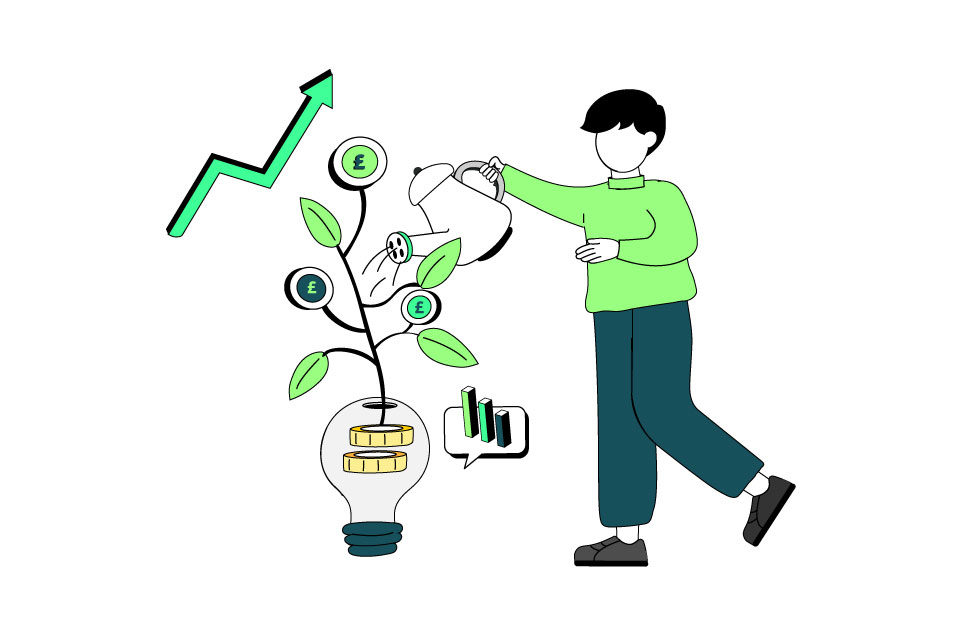Reflecting further on our Annual Conference last week, it’s clear that enabling and empowering our people – whether through better training, access to data and knowledge, understanding customer behaviour better, or the use of outputs from the effective use of artificial intelligence is critical for achieving sustainable growth.
From the conversations I had with many of you, to the discussions onstage, enthusiasm for a better understanding of how AI and tech more generally can enhance the service proposition is needed. There certainly was a collective desire to demystify and leverage AI to improve our service offerings and elevate the customer experience (whilst avoiding the alienation or exclusion of many customers or indeed employees!). What is clear is AI should unlock human potential, not remove it. I’ve spoken and written at length about AI – and I sense there will be plenty more on the topic to come. This week, though, I want to focus on some other critical elements in building the Service Nation.
Unlocking the potential of customer service
The consensus following this year’s conference was unmistakable: customer service must be our lodestar. With Britain’s economy heavily reliant on service industries – accounting for 81% of our economic output and 83% of employment – the importance of customer service cannot be overstated.
Yet, we find ourselves in the midst of a customer service crisis, with satisfaction falling across all sectors of the UK economy. Amol Rajan’s observation struck a chord with me here:
“I’m someone who is obsessed with the economy… and I think we need a bit of help. So, I left here full of ideas for how we could get out of the slightly difficult hole that Britain’s economy is in” – Amol Rajan
This optimism is a timely reminder that excellent customer service and a thriving economy go hand in hand. By prioritising service, business leaders can support the broader economic recovery.
Cultivating tomorrow’s skills for today’s service agenda
Long-term thinking is crucial in service, just as it should be in the boardroom. Looking at the challenges businesses are facing today, it’s essential that we start to address the skills gap plaguing the service profession and the shifting job preferences among young people that are making it increasingly hard to attract and retain talent. As Andrew Miller aptly put it:
“The biggest challenge… is about how you motivate, inspire colleagues, particularly those from a younger generation” – Andrew Miller, CEO of Motability
Investing in customer service as a sound and viable profession is imperative – not least because many of these young professionals are the future torchbearers of our most successful organisations. Dame Irene Hays underscored this at last week’s conference, highlighting the success of training their own superstars, many of whom start with Hay Travel as apprenticeships:
“It’s imperative that organisations invest in customer service excellence, not merely as a job but as a profession, and indeed, a vocation” – Dame Irene Hays, Chair of Hays Travel
The service profession is more vital than ever
For me, this is about professionalising customer service – something The Institute is consistently championing as one of the foundational pillars of the Service Nation.
The service profession matters more now than ever before. Together, let’s build the Service Nation, where customer service excellence is not just a job, but a vocation that shapes our economy and society.



